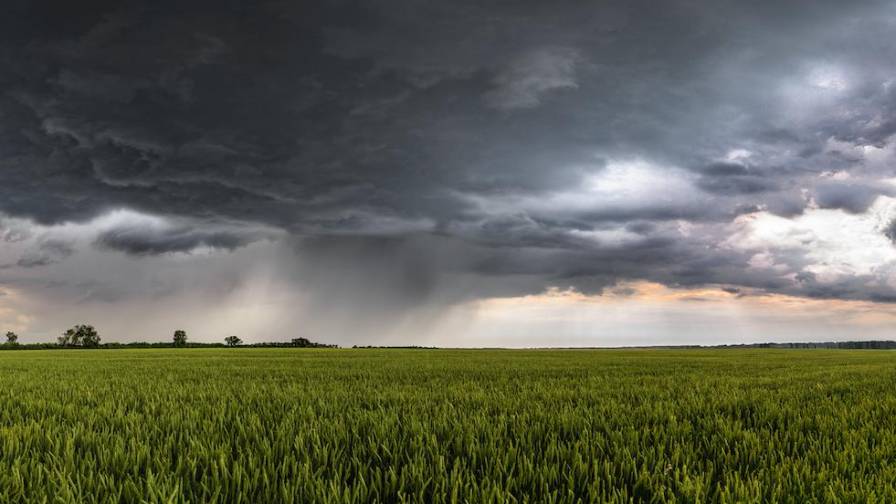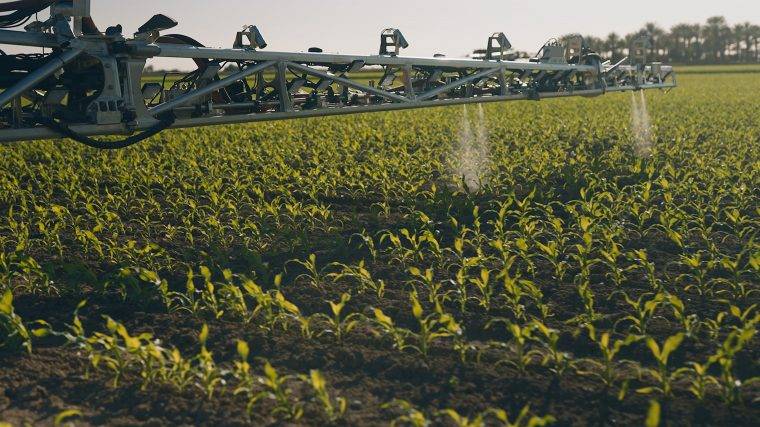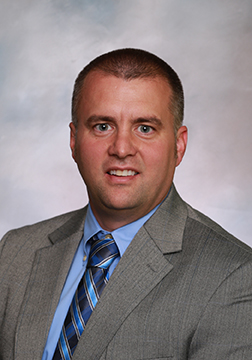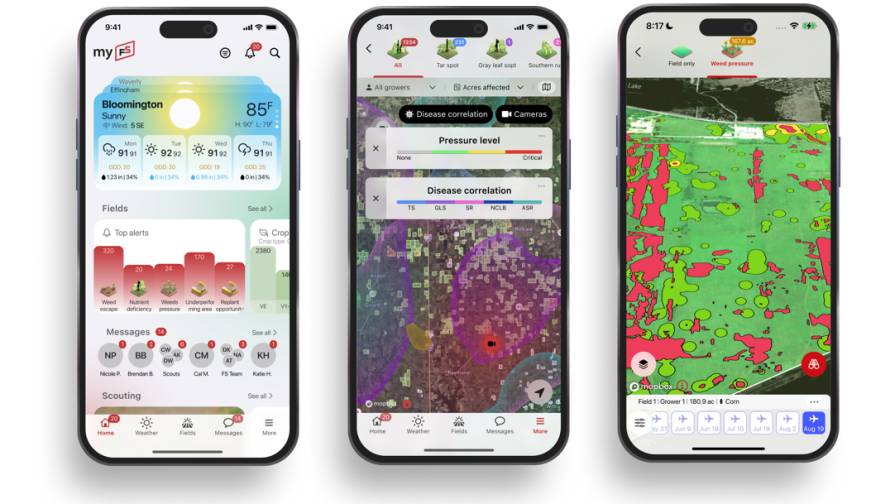Precision Ag Technology: Act Like You’ve Been There Before
One of my dad’s favorite, albeit borrowed, sayings was, “Act like you’ve been there before.”
He was mostly referring to NFL players who showboat after scoring touchdowns (think Deion “Primetime” Sanders or Billy “White Shoes” Johnson). And forget about today’s elaborate, choreographed celebrations that entire teams routinely do in the end zone. Those displays of grandstanding are usually followed by a five-minute diatribe from my dad about the good ol’ days when players respected the game. His old-school mentality is much more suited for watching players who simply handed the football back to the ref after crossing the goal line, a la Jim Brown or Barry Sanders. They always acted like they had been there before.
That time-honored sports quote applies to today’s precision ag industry. Seemingly every time a new technology disrupts, err, is introduced to the industry, precision ag professionals often act like it’s the first time a new solution or product has ever been launched. The negativity is immediate: “There’s no way we can integrate this new technology with the existing one.” “Growers will never go for it.” “I have to get trained on something new — again?” These are just some examples of the overreaction that ensues. But what service providers quickly forget is that it’s not the first time — or last time — a new technology will infiltrate their precision ag businesses. It’s happened before — and I’m sure you got through it relatively unscathed — and I’m most certain it will happen again. Remain calm and act like you’ve been there before.
Reacting to new technology in a less than professional manner was understandable, if not warranted, in the early years of the precision ag industry. Back in the mid-1990s and early 2000s, you were being inundated with all kinds of technologies, like yield monitors, GPS, grid sampling, and auto-steering. It was all so overwhelming, mostly because you didn’t know how to act without a frame of reference. The trials and tribulations from learning how to use those new technologies were exhausting, but, oh, so worthwhile. It made you a more efficient agronomist because you were more informed thanks to the new technology. Of course, this didn’t happen overnight. Instead, as is the case with any new technology adoption, it was a slow, gradual process of incorporating the new products into your work processes.
MORE BY MATT HOPKINS
Rural Connectivity Gets a Major Boost: 5 Things to Know About the John Deere-SpaceX Deal
Robot Umpires to Robot Tractors: Similarities Run Deep Between Baseball and Agriculture
Fast-forward to today, and precision agriculture has a whole new set of technologies at its doorstep. Terms like IoT, Blockchain, Artificial Intelligence (AI), and virtual sensors are creeping their way into our everyday language. Understanding how these concepts will impact the industry can be confusing, if not daunting. You would be hardly blamed for waving the white flag in the face of yet another round of technology that you perceive as doomed to fail. But resistance is not only futile, your colleagues actually may accuse you of not being a team player or open to change. Instead, take a deep breath and remind yourself that you’ve been here before. Just like in those early years of precision agriculture, it will take time for these latest technologies to take hold in the industry, and more importantly, be firmly grasped by you.
Ideally, you work for a company that properly trains its employees when adding new technologies into its product offerings and services. Ultimately, you want them to have your back and help you navigate even the steepest of learning curves. Operating within a work culture that fosters continuing education will go a long way toward responding professionally when new technology is thrown your way, and, of course, acting like you’ve been there before. An organization that helps its employees increase their proficiency with a new platform and educate them on its value can often be the tipping point that service providers need to enable customer success. Driving new technology adoption presents another opportunity to build upon your trusted relationships with your growers. Now’s the time to take advantage of it.










